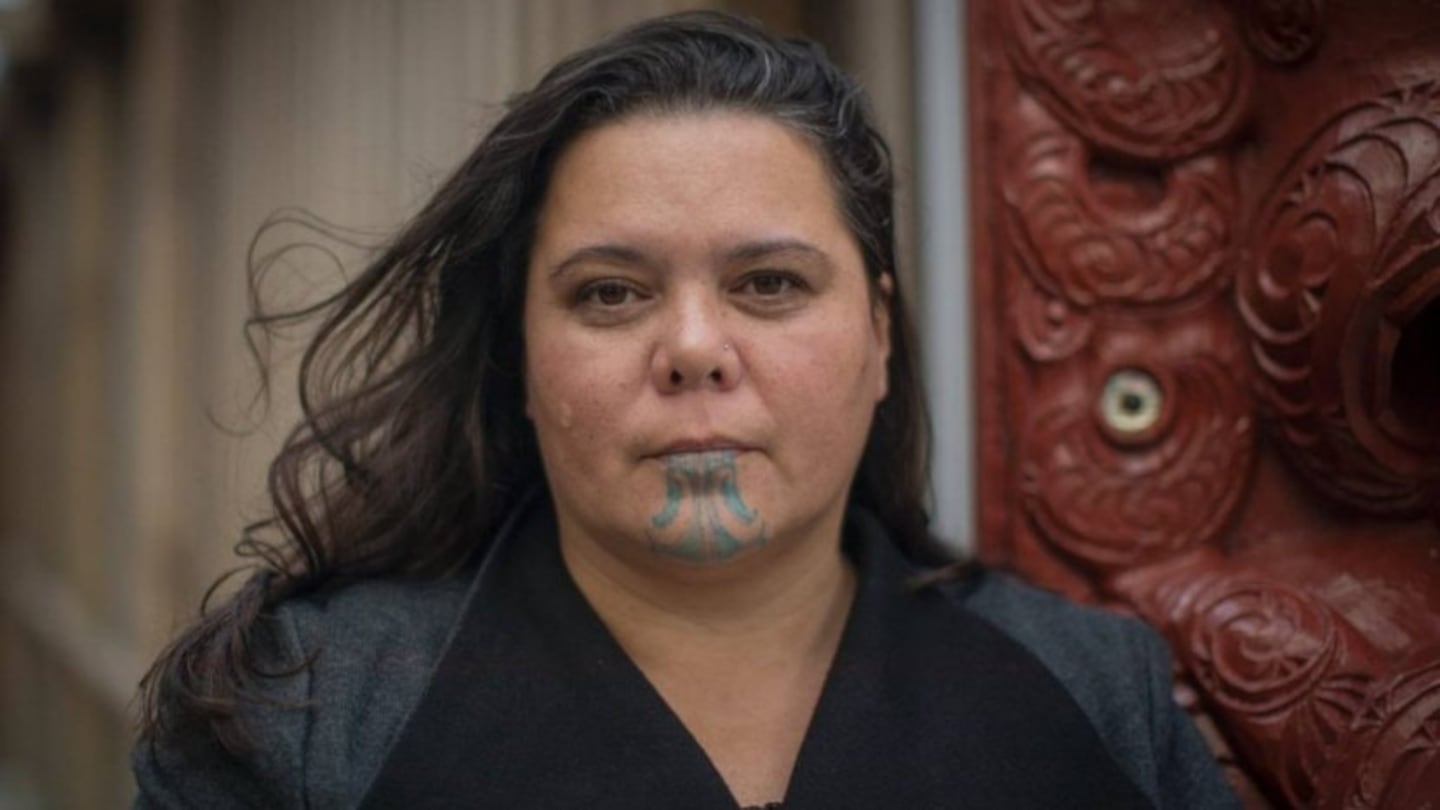The Government’s controversial Regulatory Standards Bill (RSB) has been reported back from select committee with a recommendation that it proceed, despite almost 99 percent of submissions opposing it.
The Finance and Expenditure Committee’s report, released late Friday, shows that of 159,000 submissions received, 156,882 were opposed (98.7 percent), with just 1,191 in support and 927 neutral or unclear. The report notes that the opposition came from all quarters, including highly respected organisations and civil society groups with no particular political alignment.
The committee has suggested eight amendments, though most are described as administrative.
The most notable change would transfer the power to appoint the Regulatory Standards Board and its chair from the Minister for Regulation to the Governor-General.
Other changes clarify drafting language and ensure the board’s review process aligns with existing statute requirements.
The committee’s majority, made up of National, ACT and New Zealand First MPs, recommended the bill progress to its second reading.
Labour and the Greens issued minority views calling for it to be withdrawn altogether, saying it risks undermining parliamentary sovereignty and weakens the protection of human rights and Te Tiriti o Waitangi.
Ploughing on ahead
Researcher and advocate Tina Ngata, who gave evidence during the bill’s consultation phase, says the committee’s recommendation shows the Government is ignoring both public sentiment and constitutional safeguards, and the very small administrative proposed amendments do not address the key issues within the opposing submission.
“It doesn’t really respond to the multitude of the 156,000 opposing submissions, particularly many of the issues around the fact that it is still a significant breach of Te Tiriti o Waitangi. It diminishes the political status of Te Tiriti o Waitangi. It diminishes the political status of the Bill of Rights Act, which is there to protect everybody’s human rights. It still holds a lot of really problematic features that fly in the face of international law,” she told Te Ao Māori News.
Ngata says the proposed bill, championed by ACT leader David Seymour, undermines democratic integrity while he and his party purport to defend it.
“For a party being led by the ACT Party and David Seymour, who have been very vocal about their defense of democratic integrity in relation to Māori wards, they’ve certainly flown in the face of democratic process when it comes to the significant public opposition to this bill. and their determination to push it through.”
Act Party Leader and Deputy Prime Minister, David Seymour, however, pushes back and says many of those who put submissions in were misled, and he feels sorry for them.
“A lot of those people who opposed the bill went on a website like Greenpeace, clicked on a couple of statements which were completely factually untrue, and then got a printout that was their submission. They sent it in, and that counts.
“But when I look at people who are seriously engaged in regulatory economics, I look at people who actually have to follow these rules, especially in the business community, they’re saying, look, New Zealanders spend too much time following rules or being stopped completely by red tape,” Seymour said.

Seymour believes the bill serves Māori.
“Anything we can do to free up people to provide for themselves and those they care about has got to be a good thing. Anything we can do to protect property rights so people actually have to trade and exchange rather than take from each other, that’s got to make us a wealthier society. It’s actually something in Te Ao Maori, if you’re worried about property rights, this bill’s for you.” He said.
Questions over New Zealand First’s position
While ACT has championed the bill, New Zealand First leader Winston Peters has previously expressed unease about aspects of it.
Both he and Regional Development Minister Shane Jones have said they would seek amendments to ensure the bill meets standards of good governance and economic well-being.
Ngata says those standards have not been met.
“On both counts, the bill still fails, and none of the suggested amendments address those issues,” she said.
“You can never completely predict what Winston Peters and Shane Jones will do. They may still pull something out of the hat and either tank or significantly amend this bill at the second reading.”
According to David Seymour, however, the bill has the support of cabinet and will continue to go through.
“Everything that we’re doing has been agreed by Cabinet, so that’s our position as a government, and we’re looking forward to carrying out our plan, which says we are going to pass the bill this quarter,” Seymour added.
The Prime Minister, Christopher Luxon, says though it’s important that the committee’s report is taken into account.
“It’s important that it’s [Select Committee report] all digested and I’m sure they’ll be reflected in a second reading.” He said today.
Democratic voice and international scrutiny
Ngata says the public mobilisation around the bill, including thousands engaging in the select committee process for the first time, has still been vital, even if ignored by the government.
“We needed the evidence of the democratic response,” she said. “Now we have the voice of the people. Nearly 99 percent of written submissions and close to 90 percent of oral submissions were opposed. That’s evidence we can use in other forums to show the lack of democratic integrity of this Government.”
She confirmed the Regulatory Standards Bill will also be raised at the United Nations later this month, as part of New Zealand’s review under the International Covenant on Civil and Political Rights, following its recent appearance before the Committee on the Elimination of Racial Discrimination.
“This has serious implications for Minister Peters’ legacy as a foreign diplomat,” Ngata said.
“He’s now part of a Government that is about to be hauled before significant international institutions for breaches of international law.”
The Regulatory Standards Bill is expected to return to Parliament for its second reading before the end of the year.
If passed, it would establish a Regulatory Standards Board empowered to review and publicly assess all new legislation and regulations against a set of principles of good lawmaking.
Opponents argue the bill gives unelected appointees power to question Parliament’s decisions and could be used to challenge laws upholding Māori rights under Te Tiriti o Waitangi.
Supporters say it will improve transparency and accountability in lawmaking.




